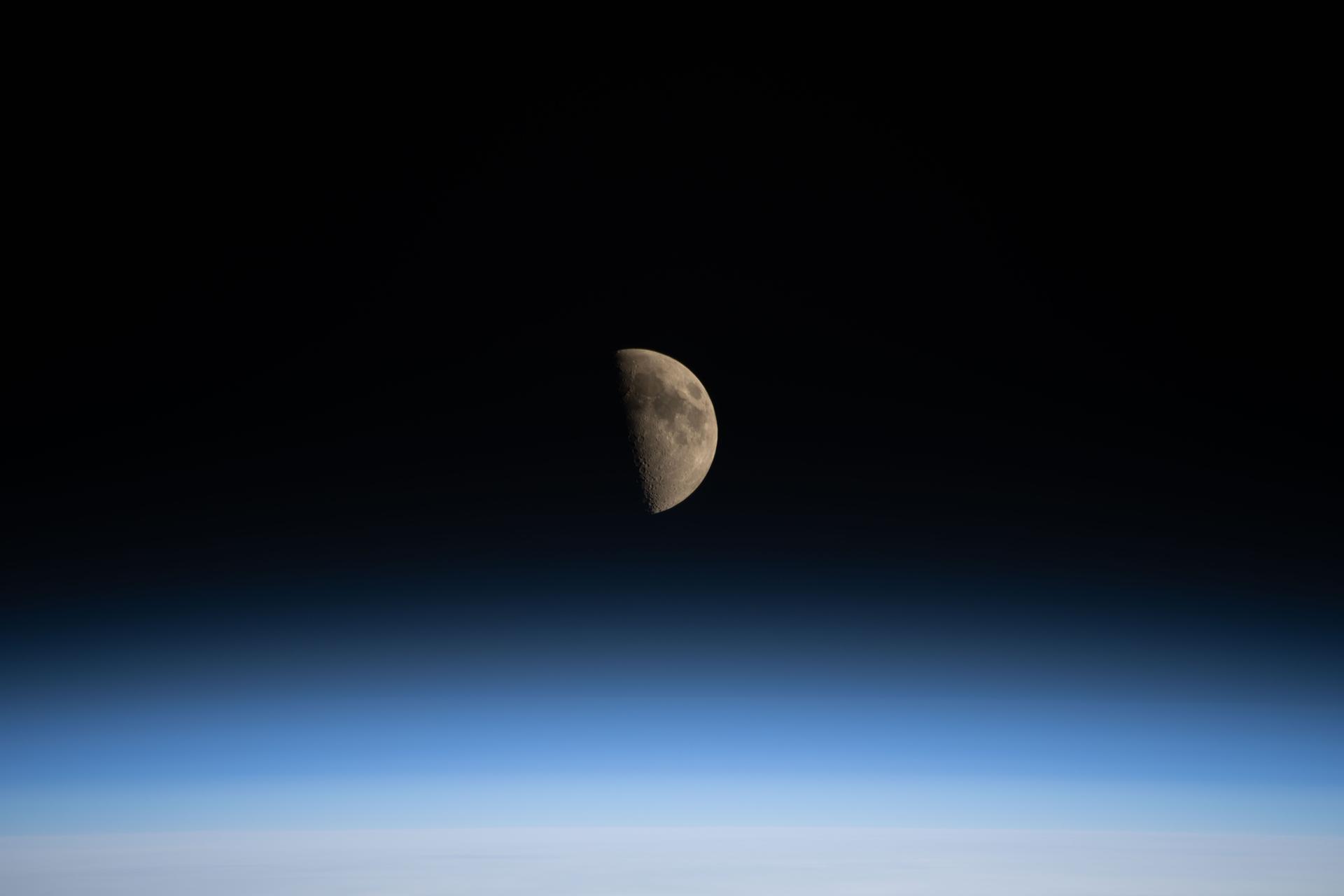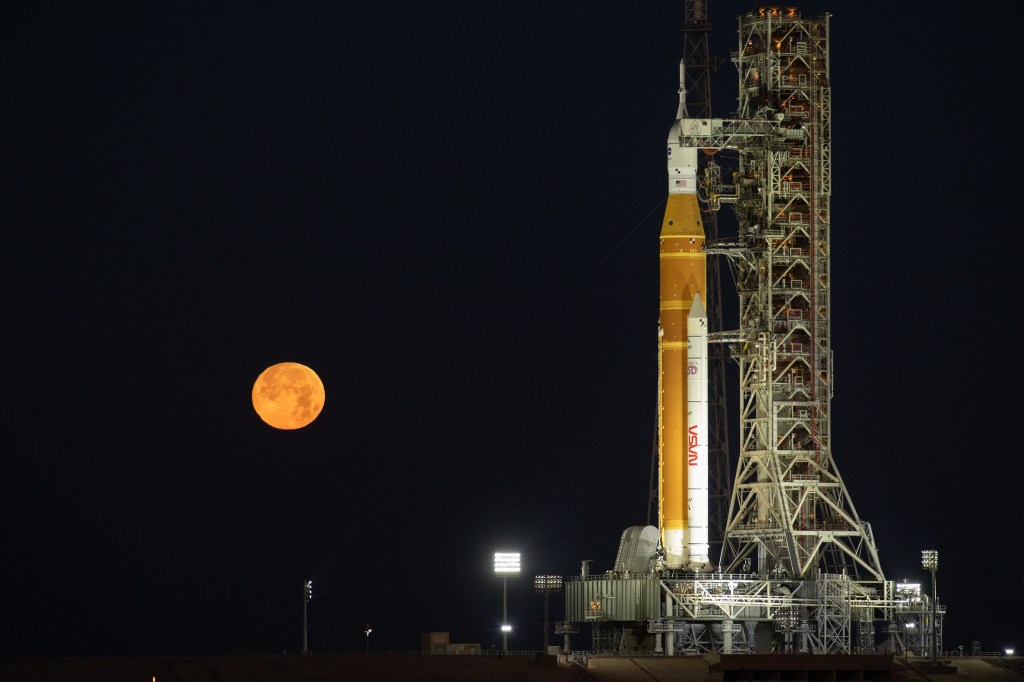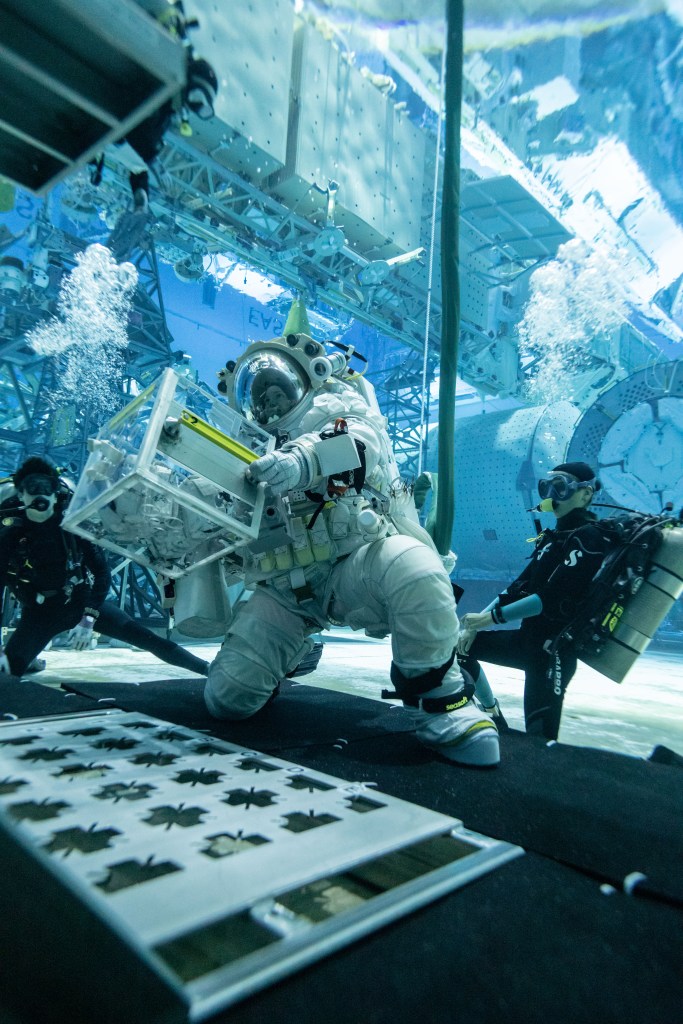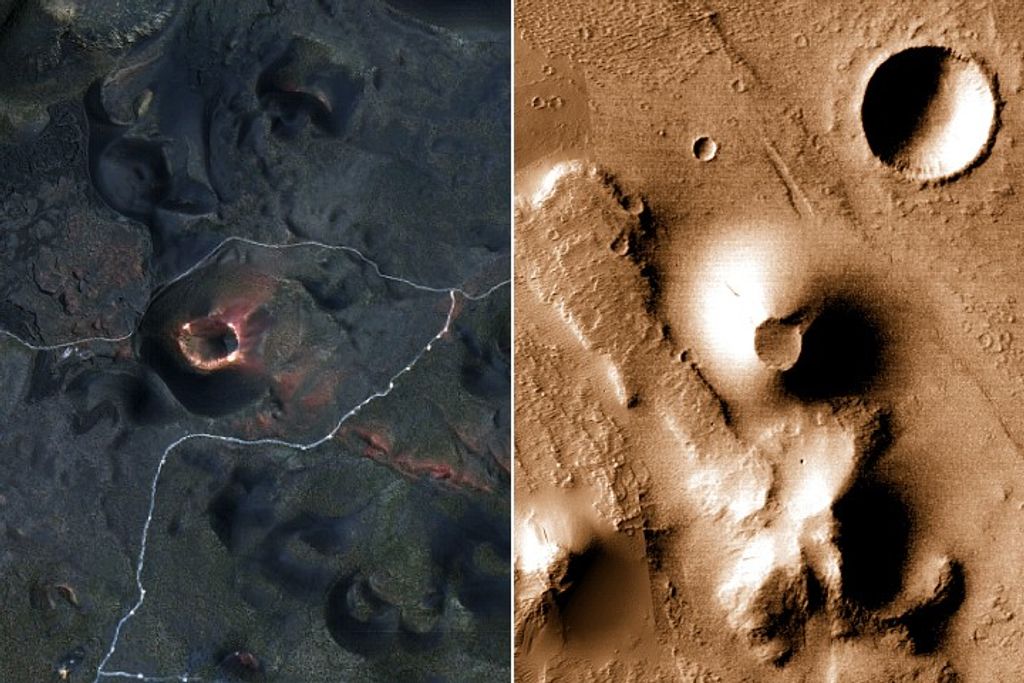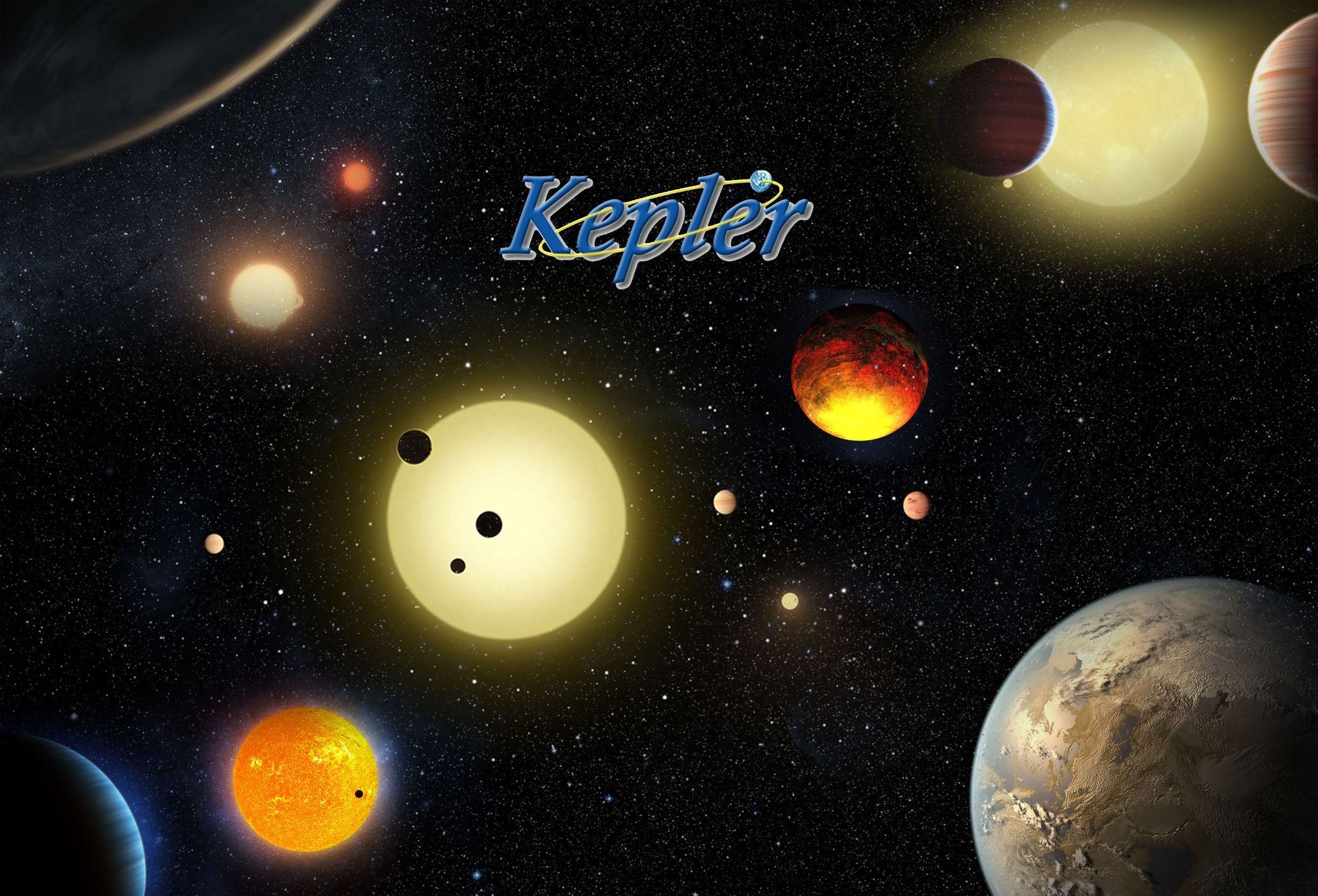NASA will hold a media briefing at 11 a.m. EDT Monday, June 19, to announce the latest planet candidate results from the agency’s exoplanet-hunting Kepler mission. The briefing, taking place during the Kepler Science Conference, will be held at NASA’s Ames Research Center in California’s Silicon Valley.
The event will stream live on NASA’s website at:
https://www.nasa.gov/live
The latest Kepler catalog of planet candidates was created using the most sophisticated analyses yet, yielding the most complete and reliable accounting of distant worlds to date. This survey will enable new lines of research in exoplanet study, which looks at planets outside our solar system.
The briefing participants are:
- Mario Perez, Kepler program scientist in the Astrophysics Division of NASA’s Science Mission Directorate in Washington
- Susan Thompson, Kepler research scientist at the SETI Institute in Mountain View, California
- Benjamin Fulton, doctoral candidate at the University of Hawaii at Manoa and the California Institute of Technology (Caltech) in Pasadena
- Courtney Dressing, NASA Sagan Fellow at Caltech
Media who are U.S. citizens and permanent residents may attend in person, and all media may participate by phone. To register for attendance or obtain dial-in information, contact Ames Public Affairs at 650-604-4789 or michele.johnson@nasa.gov by noon Friday, June 16. Media and the public may submit questions via Twitter using #AskKepler.
With its 2009 launch, NASA’s Kepler space telescope became the first agency mission capable of finding Earth-sized planets in or near the habitable zone – the range of distances from a star where liquid water could pool on the surface of a rocky planet. In the data collected during the four years of its principal mission, Kepler has detected thousands of planets and planet candidates, varying widely in size and orbital distances, helping us better understand our place in the universe.
For more information about the Kepler mission and to view the digital press kit, visit:
https://www.nasa.gov/kepler
-end-
Felicia Chou
Headquarters, Washington
202-358-0257
felicia.chou@nasa.gov
Michele Johnson
Ames Research Center, Moffett Field, Calif.
650-604-4789
michele.johnson@nasa.gov

